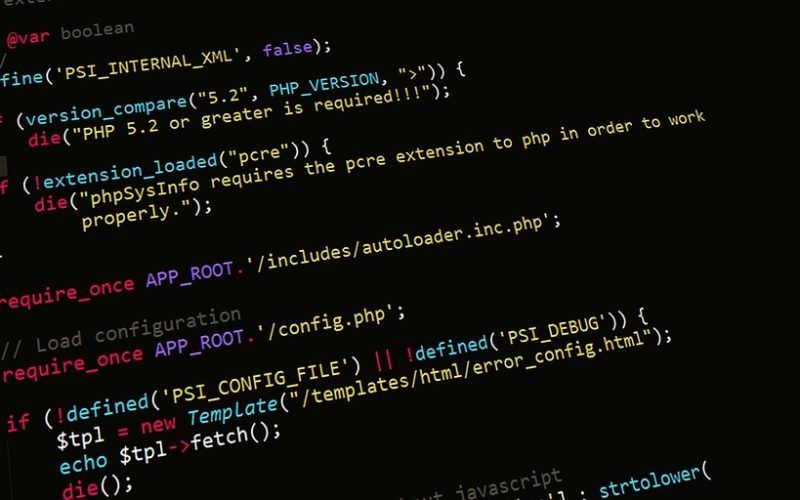1. Proper Indentation and Code Formatting
Proper indentation and code formatting help to enhance the readability of your codebase, making it easier to understand and maintain. In PHP, the common practice is to use four spaces for each level of indentation. It is also essential to choose a consistent code style for your team and stick to it. Consider the following example:
// Incorrect Code Formatting
function calculateTax($subtotal,$taxRate) {
$totalTax=$subtotal*$taxRate;
$grandTotal=$subtotal+$totalTax;
return $grandTotal;
}
// Correct Code Formatting
function calculateTax($subtotal, $taxRate)
{
$totalTax = $subtotal * $taxRate;
$grandTotal = $subtotal + $totalTax;
return $grandTotal;
}
2. Comment Your Code
Commenting your code is an excellent way to improve its readability and maintainability. It allows developers to understand the purpose of a particular code section and how it contributes to the overall functionality of the application. In PHP, there are two types of comments: single-line comments and multi-line comments. The following example demonstrates how to use comments in PHP:
// Single-line Comment
$totalPrice = $price + $tax; // Calculate the total price
/* Multi-line Comment
This function calculates the
total price of an item */
function calculateTotalPrice($price, $tax) {
$totalPrice = $price + $tax;
return $totalPrice;
}
3. Use Descriptive Function and Variable Names
Using descriptive function and variable names is an excellent way to improve the readability and maintainability of your code. It also makes it easier for other developers to understand what your code does. When naming your functions and variables, use meaningful names that accurately describe their purpose. Consider the following example:
// Poor Naming Convention
function func($x, $y) {
$a = $x + $y;
return $a;
}
// Good Naming Convention
function addNumbers($num1, $num2) {
$result = $num1 + $num2;
return $result;
}
4. Validate User Input
Validating user input is crucial for security and preventing errors in your application. Always validate user input and sanitize data before processing it. This ensures that the input is safe and meets the required format. Consider the following example:
// Validation and Sanitization
$username = $_POST[‘username’];
$username = filter_var($username, FILTER_SANITIZE_STRING);
if (!preg_match(“/^[a-zA-Z0-9._-]+$/”, $username)) {
echo “Invalid username format”;
}
5. Use Prepared Statements for Database Queries
Using prepared statements for database queries helps prevent SQL injection attacks. Prepared statements are precompiled SQL statements that are stored on the database server and are executed multiple times with different parameter values. They also help improve the performance of your queries. Consider the following example:
// Prepared Statement
$stmt = $pdo->prepare(“SELECT * FROM users WHERE email = ?”);
$stmt->execute([$email]);
$user = $stmt->fetch();
Conclusion
In conclusion, PHP coding practices play a significant role in web development. They ensure that our code is readable, maintainable, and secure. By following the essential PHP coding practices discussed above, you can improve your development process and build better web applications. Remember to always test your code and seek feedback from other developers to ensure that your codebase is of high quality.









